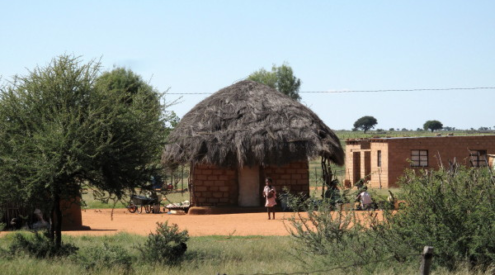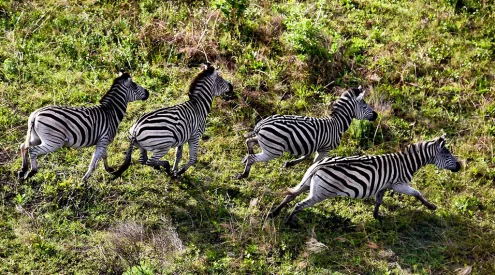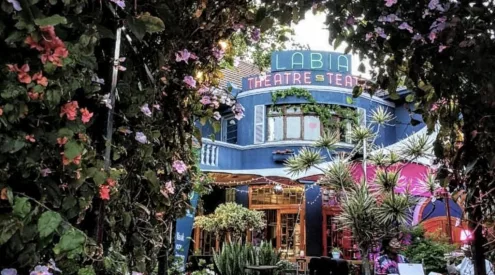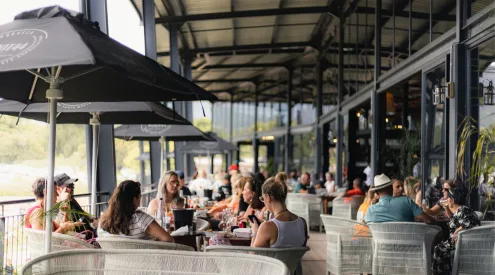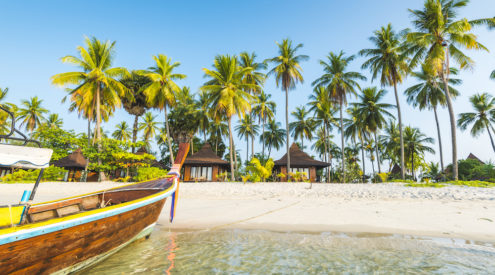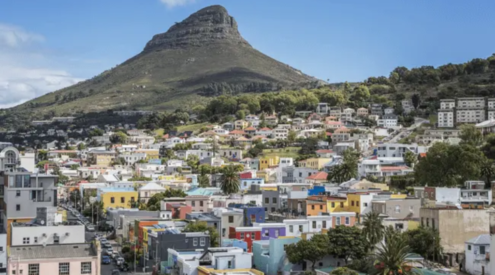More than 70 000 indigenous Maasai have been violently evicted from their legally registered land in the Loliondo division of Ngorongoro, Northern Tanzania.

In 2018, the East African Court of Justice (EACJ) granted an injunction prohibiting the Tanzanian government from evicting Maasai communities from 1 500 square kilometres of ancestral land. This follows the brokering of a deal between the Tanzanian government and United Arab Emirates-based hunting firm Ortello business corporation (OBC) permitting them to create a wildlife corridor for trophy hunting.
The government has ignored this injunction, however. The regional commissioner for the Arusha region, John Mongella informed Maasai leaders of the government’s decision to lease the land to OBC on 11 January 2022, stating that it was in the “national interest”. Approximately 15 villages within the proposed area would be impacted by the decision as the district is vital for Maasai pastoralists, who have sustainably stewarded the area for generations. The Maasai have developed a symbiotic relationship that has allowed local ecology, domesticated livestock, and people to coexist in a resource-scarce environment.
‘This local knowledge has been largely credited as allowing the large mammal population and ecological diversity to grow under the stewardship of the Maasai,’ said Anuradha Mittal, executive director of the Oakland Institute. ‘Replacing them with tourists and hunters will likely negatively impact the environment and health of wildlife populations.’
According to Mittal speaking to Mongabay, the displacement of the communities would exacerbate hunger and poverty, given that pastoral livelihoods depend on the region’s grazing areas and water sources, but in 2022 the EACJ ruled that Tanzania’s decision to cordon off the land for wildlife protection was legal, dealing with a blow to the Maasai Indigenous group. Activists fear that this ruling sends the wrong message to international tourist companies.
‘The court has given a strong signal to the international community that evictions and human rights abuses against Indigenous peoples should be tolerated if they are done in the name of protecting nature,’ Fiore Longo from Survival International, an indigenous rights advocacy, said.
A representative of the Maasai community said the villagers would appeal.
‘We are not satisfied with the ruling and we believe the court has erred in analysing the evidence we had provided,’ said Jebra Kambole, who represented the Maasai in the interim ruling.
After almost a decade it seems as though the indigenous Maasai stand to lose the battle against eviction in the name of conservation. But as long-serving stewards of the region and its fauna beyond reproach, the Maasai and those who stand in solidarity may be entitled to question the government and court of justices’ motifs in handing it over to international companies for commercial hunting.
Picture: Getaway gallery
ALSO READ: Durban cat brings home live puff adder as “present” to owner



